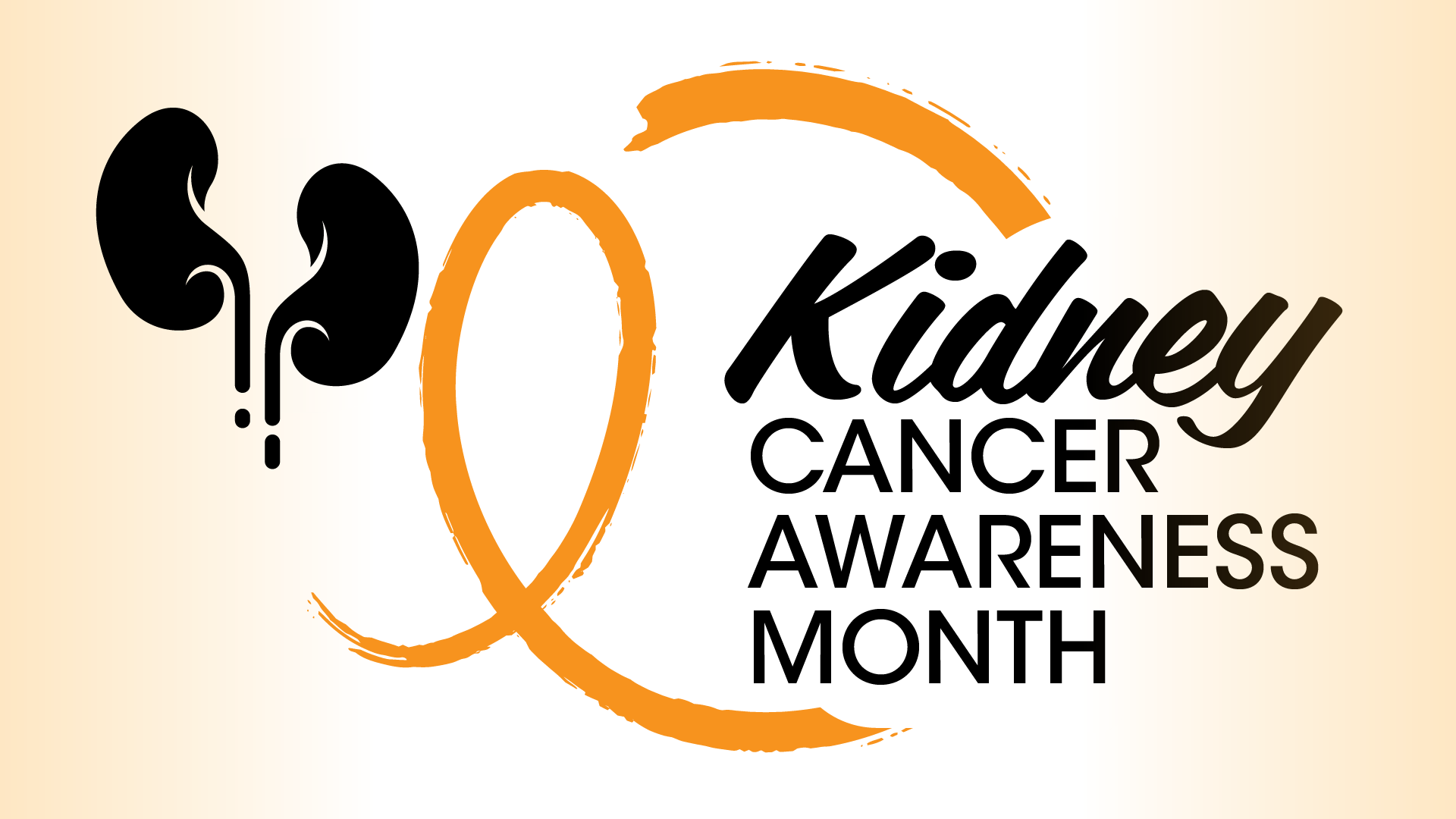
Research Should Focus on Grasping Mechanisms of Integrative Kidney Cancer Care

According to an expert from University Hospitals, studying pathways related to inflammation, epigenetics, and the microbiome may elucidate how patients with kidney cancer respond to anti-cancer therapy.
During
Rao, medical director of integrative oncology for University Hospitals Connor Whole Health and president-elect for the Society for Integrative Oncology, also described the need to broaden the scope of research in terms of integrative medicine by focusing more closely on cancer types beyond breast and prostate cancer, including renal cell carcinoma (RCC), ovarian cancer, and bladder cancer.
Transcript:
First of all, we need to keep doing studies in different types of cancers. While a lot of studies tend to focus on certain types of cancers, we need to broaden it out and have more studies that involve our patients with renal cell carcinoma, bladder cancer, and ovarian cancer. That helps because you don’t want to get the sense that it’s the same for everyone. The more you can engage in studies in different populations or different cancer types, that’s helpful.
The key thing is to have high quality research. If we find that there are things that are beneficial, we need to keep working, in my opinion, on mechanism. There’s this great feeling that a lot of the integrative modalities are partly beneficial just from the placebo effect and getting the sense that we’re just making somebody feel better, which is important in and of itself. But it would be helpful as we learn more to get a better understanding of what’s really happening from a mechanisms standpoint.
Many times, we know that some of the mechanisms are through certain pathways like reducing inflammation and improvements in epigenetics and the microbiome. But getting a better understanding of the interplay between these different systems will give us a better sense of how modifiable different aspects of response to therapy and toxicity. We’re learning more all the time, so I think the science is actually really interesting to me.
Newsletter
Stay up to date on recent advances in the multidisciplinary approach to cancer.



































